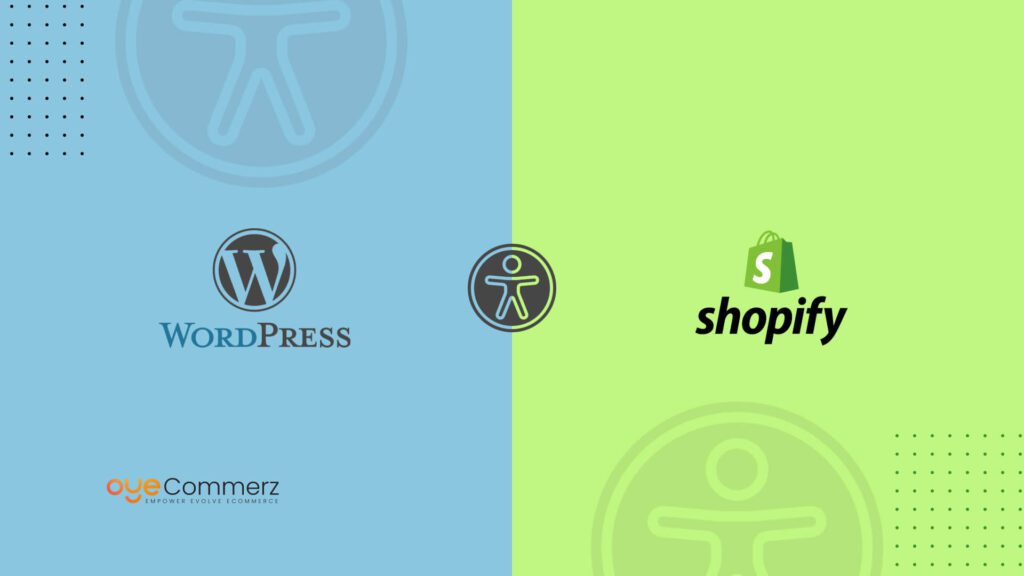In the dynamic landscape of digital commerce, selecting the right system is essential for your company’s prosperity. If you’re at the moment using WP and planning a migration to an alternative, you’re not the only one. Countless businesses are switching to utilize Shopify’s comprehensive capabilities, user-friendliness, and expandability. This guide will guide you on the steps of migrating from WordPress to Shopify seamlessly, guaranteeing that you realize your online retail potential.
Why Transition from WP to Shopify?
Prior to exploring the migration journey, it’s essential to realize why this change can be beneficial for your digital storefront:
Intuitive Design: Shopify offers an user-friendly interface that streamlines store operations, making it easier for non-technical users.
Scalability: As your business expands, Shopify can support increased visitors and transactions without compromising performance.
All-in-One Solutions: Shopify provides built-in resources for search engine optimization, analytics, payment handling, and more, reducing the requirement for multiple plugins.
Robust Protection: With Shopify, you utilize robust security features that secure critical customer details.
Steps for a Seamless Migration
Migrating your online store from WordPress to Shopify includes key actions.
Here’s steps to facilitate a hassle-free transition:
Plan Your Migration Strategy
Start by drafting your migration strategy. Pinpoint which components of your present site you plan to move, such as:
Inventory information
User details
Order history
Articles
Choose the Right Migration Package
Depending on your needs, select a migration plan that suits your business. OyeCommerz provides various options:
Basic Migration Package: Perfect for boutique stores with fewer products.
Mid-Tier Plan: Recommended for medium-sized Shopify customer data tools businesses with more complex needs.
Comprehensive Solution: Best for larger stores needing broad customization.
Save Your Data
Before beginning the migration, ensure that you have a full backup of your WordPress site. This task is crucial in the event anything goes off track during the migration.
Extract Your Data from WordPress
Utilize plugins or custom scripts to extract essential content from your WP site:
Products
Clients
Sales records
Articles
Import Information into Shopify
Once you have your data retrieved, employ Shopify’s migration Shopify product import tools apps or third-party apps to transfer your information into your updated store. Confirm that all data is correctly formatted and arranged.
Adapt Your Shopify Store
After migrating content, customize your Shopify site’s layout to reflect with your brand identity. Think about working with a specialist if you need advanced customization.
Configure Checkout Systems and Shipping Options
Configure transaction methods and delivery choices in Shopify to create a user-friendly transaction experience for customers.
Adopt SEO Standards
To keep your SEO performance during the change:
Use 301 URL mappings from previous URLs to new ones.
Revise metadata.
Adjust visual content and copy for SEO.
Test Your Updated Platform
Before launching, completely check your Shopify platform. Identify any discrepancies, payment processing issues, or missing data.
Launch Your Store
Once everything is in place, it’s time to publish! Inform the update to your clients and invite them to experience the enhanced offerings of your Shopify store.
Post-Migration Support
Post releasing your updated store, regular support is important. Think about partnering with experts who can guide with:
Technical support
Promotional campaigns
Performance optimization
Conclusion
Migrating from WordPress to this platform can be a transformative move for your online retail. By adopting this guide and leveraging professional services like those offered by industry leaders, you can ensure a seamless transition that boosts your digital storefront. Adapt to the change and unlock the potential of Shopify today!
